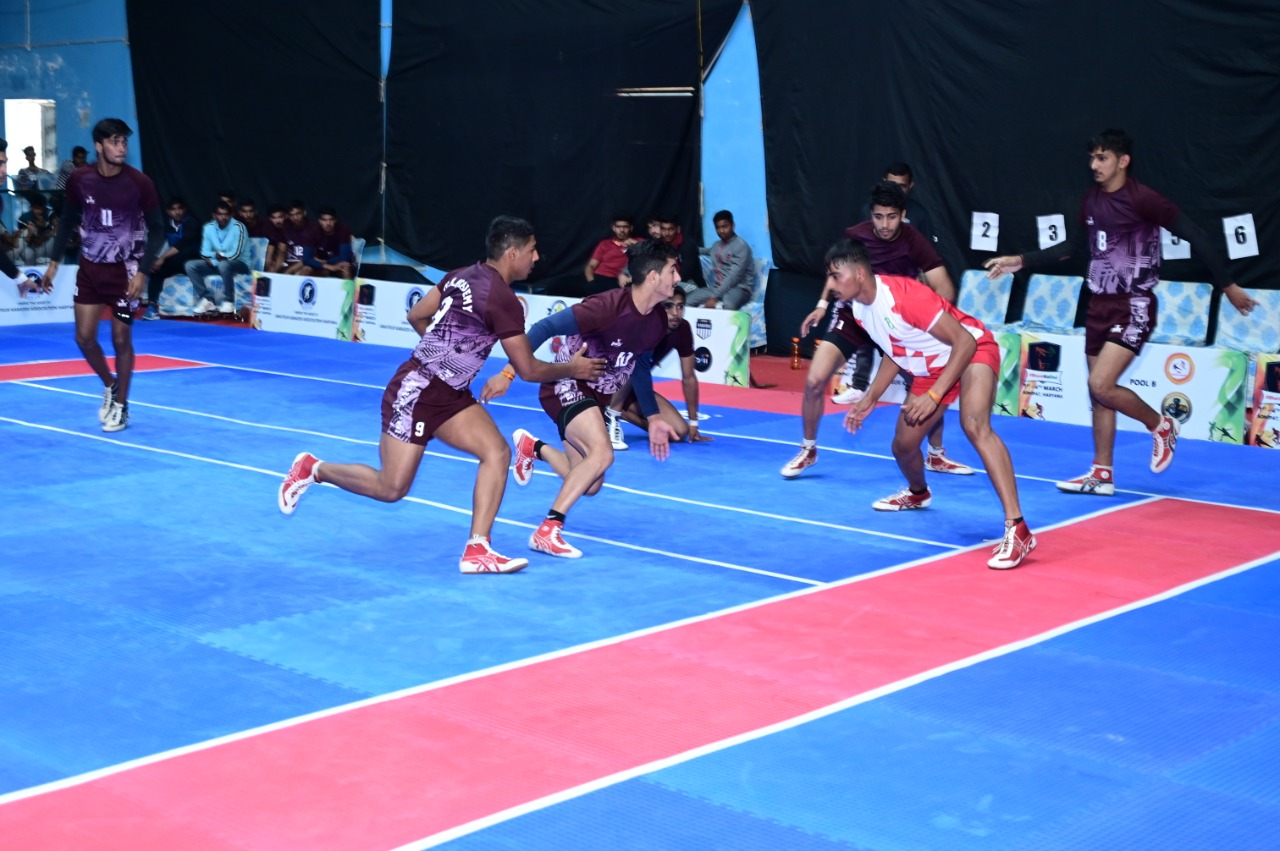How Politics is destroying Indian Kabaddi? Let's Understand in Detail
Kabaddi, after cricket, holds the distinction of being India's second most popular sport in terms of viewership. However, its current state is mired in crisis, largely stemming from political turmoil within its federation and the widespread practice of office bearers holding multiple posts. This situation severely undermines the integrity of India's sports policies, specifically within the domain of Kabaddi.
The core issue lies in the irregularities surrounding the conduct of elections and the timely appointment of officials. These administrative lapses have cast a dark shadow over the once-sterling reputation of Indian Kabaddi. The sport, which boasts a substantial fan base across Tier 2 and Tier 3 cities, possesses immense potential to ascend to even greater heights. Yet, this potential remains largely untapped due to ineffective policy implementation and the failure of stakeholders to fulfill their responsibilities.

The fundamental challenge facing Indian Kabaddi is the absence of a streamlined and functional ecosystem. Critical decisions are frequently delayed or mishandled, further exacerbating the sport's woes. To harness the latent enthusiasm and support from its passionate fan base, Kabaddi urgently requires a coherent and efficient governing framework.
Efforts must be directed towards instituting transparent processes where decisions are made promptly and in accordance with established norms. This approach not only fosters accountability but also restores faith in the integrity of Kabaddi's management. Moreover, it is imperative to address the prevalent issue of officials holding multiple positions, as this practice often leads to conflicts of interest and compromises the sport's governance.
The potential for Kabaddi to emerge as India's most beloved sport is undeniable, especially with focused efforts aimed at channeling its widespread appeal. By nurturing talent from diverse corners of the country and ensuring fair play at all levels, Kabaddi can indeed evolve into a cultural phenomenon that transcends regional boundaries.
In conclusion, while the current challenges facing Indian Kabaddi are daunting, they also present an opportunity for transformative change. With a commitment to sound governance practices and a steadfast dedication to the sport's development, Kabaddi can reclaim its standing as a beacon of sporting excellence in India. It is imperative that stakeholders come together to prioritize the long-term sustainability and growth of Kabaddi, thereby fulfilling its promise as a sport with the power to unite and inspire millions.
- 115 views










